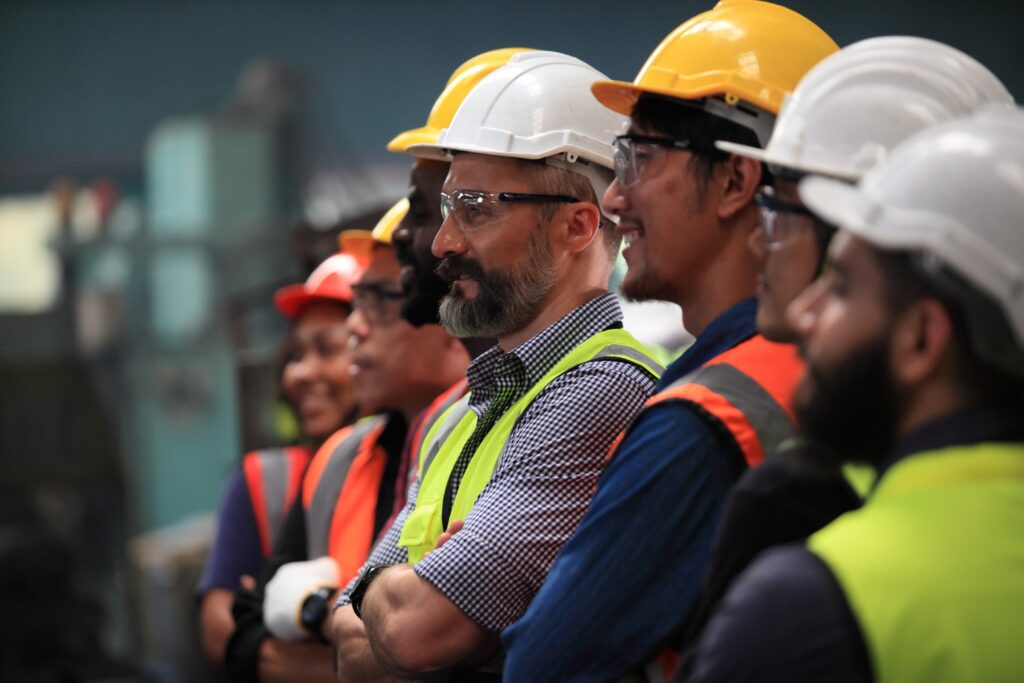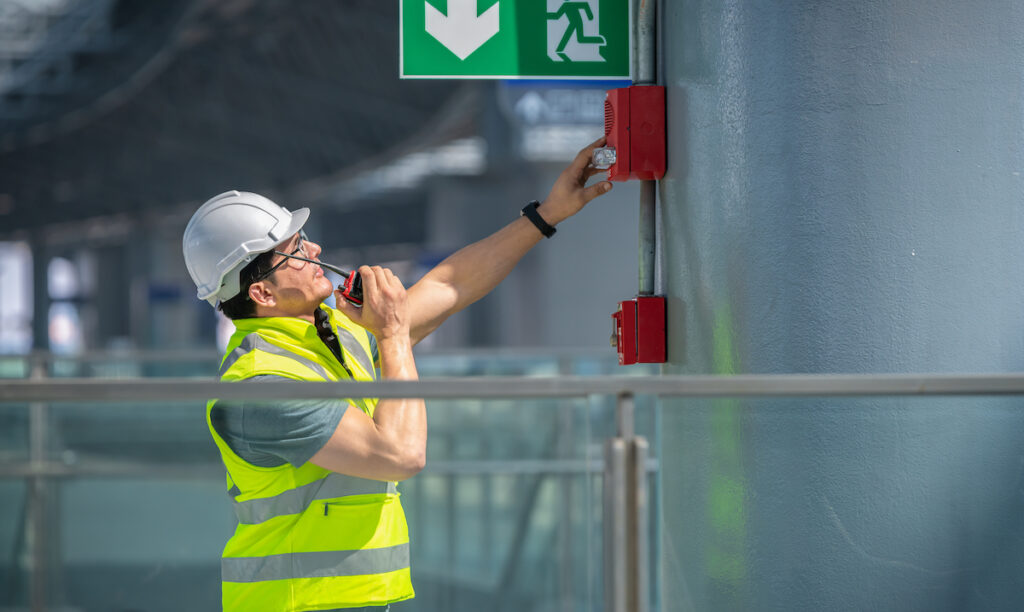The growth of platform work and the gig economy presents numerous new challenges in terms of workplace health and safety. Platforms such as UpWork, Guru, Deliveroo, and Uber have become popular in the last few years, offering the prospect of more flexibility in terms of working location and schedules.
The Gig Economy and Digital Platform Work Defined
The gig economy is characterised by organisations appointing workers to short-term tasks and contracts, usually on a digital platform. A digital platform is a web-based platform, i.e. an app or website. An algorithm is used to assign tasks to workers and monitor their performance. There are generally three parties involved: the worker, the digital platform, and the client.
Work can be specific to a certain geographical area, for example in the case of food couriers. Some platforms advertise tasks that are not location-dependent, for example virtual assistant work or translation.
Depending on the platform, workers may be considered employees or self-employed, but for the most part, digital platform workers are classified as self-employed or freelance, and therefore are responsible for their own health and safety. (Source)
The Risks of Digital Platform Work
As with many other jobs, platform work can take place on site or online, and both can present risks. Hazards of on-site platform work include, but are not limited to:
- Exposure to chemical products
- Ergonomic risks
- Road accidents
- Stress and anxiety
There have been numerous reports of hazardous working conditions for platform workers. For example, research found that 63% of Uber Eats drivers had not been given training on road risk management and 65% had not been provided with safety equipment.
Hazards of online platform work include:
- Sedentary work
- Prolonged sitting
- Ergonomic-related risks such as using an inappropriate screen and workstation set-up.
This can lead to musculoskeletal disorders (MSDs) (Source)
In terms of psychosocial risks, most platform workers report experiencing stress. This is attributed to how task allocation is structured, how work is monitored and evaluated, and working conditions, such as having to be available at short notice. Platform work is often centred around reviews, and workers may avoid saying ‘no’ to clients out of fear of receiving poor ratings. Also, platforms tend to encourage workers to work faster, e.g. by paying workers per number of deliveries rather than per hour. This can result in increased stress levels due to overworking or taking jobs for which they are not qualified or equipped.
Many of these risks are similar to those of non-platform work, however the nature of platform work aggravates the risks and makes implementing a sound health and safety policy more complicated. For example, many platform workers are considered to be independent contractors or self-employed. For workers in the EU, this means that they are not covered by EU or national OSH regulations. Therefore, the workers carry the responsibility of preventing and managing risks. (Source)
In one study, workers had voiced concerns about being “pressurised” to accept jobs in unsafe areas as they feel that they will be penalised for refusing jobs.
Irish Legislation for the Gig Economy
In Ireland, gig workers are not legally entitled to employment benefits, including sick pay and accident coverage. In November 2021, the Health and Safety Authority (HSA) announced its intention to address issues within the gig economy with the Protection of Employment (Platform Workers and Bogus Self-Employment) Bill 2021, which is before the Seanad at the second stage as of 19th July, 2022.
The HSA’s Strategy Statement 2022 – 2024 also outlined objectives to address emerging challenges presented by the gig economy, by targeting “activities in sectors in the gig economy, and where vulnerable workers and migrant workers are employed”, and increase focus on accident and fatality reporting (Source)
Risk Prevention and Management in the Gig Economy
More comprehensive legislation will mitigate many of the risks associated with platform work, but there are plenty of steps employers can take in the meantime to ensure the health and safety of their employees, including:
- Carry out a risk assessment of the employer’s working environment, if possible. This may include an ergonomic assessment for employees that are working remotely. If this is not feasible, e.g. in the case of couriers, a risk assessment should be conducted on the workers’ equipment and tasks.
- All workers should be thoroughly briefed on how to identify risks and how to report risks and accidents.
- Provide training to all workers to assist them in managing risks and navigating platform work.
- Provide workers with the equipment necessary to carry out their tasks safely.
Of course, this is not an exhaustive list of the measures that employers can take to protect platform workers. Moreover, it is important to note that the employer’s responsibilities will vary depending on whether the worker is considered to be self-employed or not.
Ayrton Group is Ireland’s leading provider of workplace health and safety consultancy and training. Contact us today to find out how we can help you.



